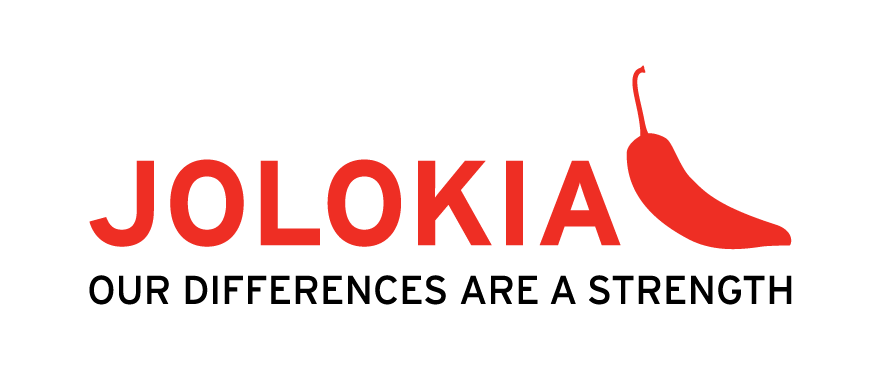
Diversity is all very well, but it also has to work! What does it mean to participate in the Around Ireland Race? There are two teams of five crew members running the boat at all times, a boat that requires each of these five people to give one hundred percent, both for reasons of safety and performance. Diversity is thus faced with the reality on the ground: hard work. We’re not taking old folks, disabled people or girls who want a suntan for a ride – no! Diversity means working together.
There really is no choice. While the boat might be made for hardened seafaring men, each watch consists of two women (not heavy lifters), one pensioner and/or disabled person in any combination, and all pull together, night and day, to get the boat moving. Diversity is here, and it is productive.
The Round Ireland Yacht Race is enabling us to validate the second phase in the progress of the crew — autonomy in safety procedures and the ability to operate the craft, independently, when sailing at its average speed. The third phase is the progression towards increased levels of performance. Many factors come into play in reaching the highest level, especially in a sport where the hardware plays such a huge role.
As a reminder, the first phase was learning the basics – the right reflex actions, just like when learning to drive, or the basics of a new job. This first phase was tightly controlled, highly directional, with instruction coming from the skipper, with the crew literally learning the ropes.
The second phase, that of autonomy, is where everyone becomes aware of his or her role and consequently their value. We need to get away from ideas of « dominant-dominated » or
« discriminating-discriminated against » models. Everyone’s capacity for progress is unbounded, as long as everyone is allowed the opportunity to express themselves. Of course, before this there was necessarily a very didactic first stage —safety demands it — where some basic techniques had to be learned. But what then? How is the ability to analyse teams to be developed if we do not let people act and work things out for themselves? How can the ability to find solutions be nurtured if the skipper is still blocking decisions and refusing solutions proposed by anyone other than him? How can self-confidence, a key driver of efficiency, be promoted if, in spite of acquired skills, there is always a « glass ceiling » — if you do not feel empowered and competent?
That’s what is this phase of autonomy is all about. The team will go on to grow in intelligence, to appropriate its work — absolutely necessary when entering the highest-level of racing, where commitment and desire are essential to progress, whatever the difficulties, whatever excellence is aimed for, all in it together, leaving the logic of discrimination and domination far behind.
Pierre, skipper and manager
